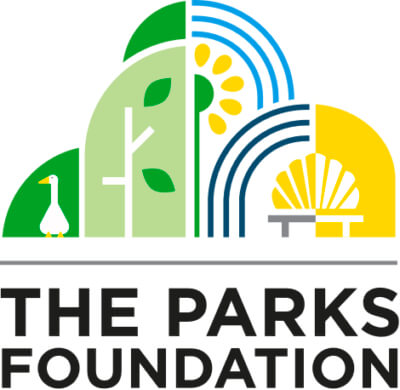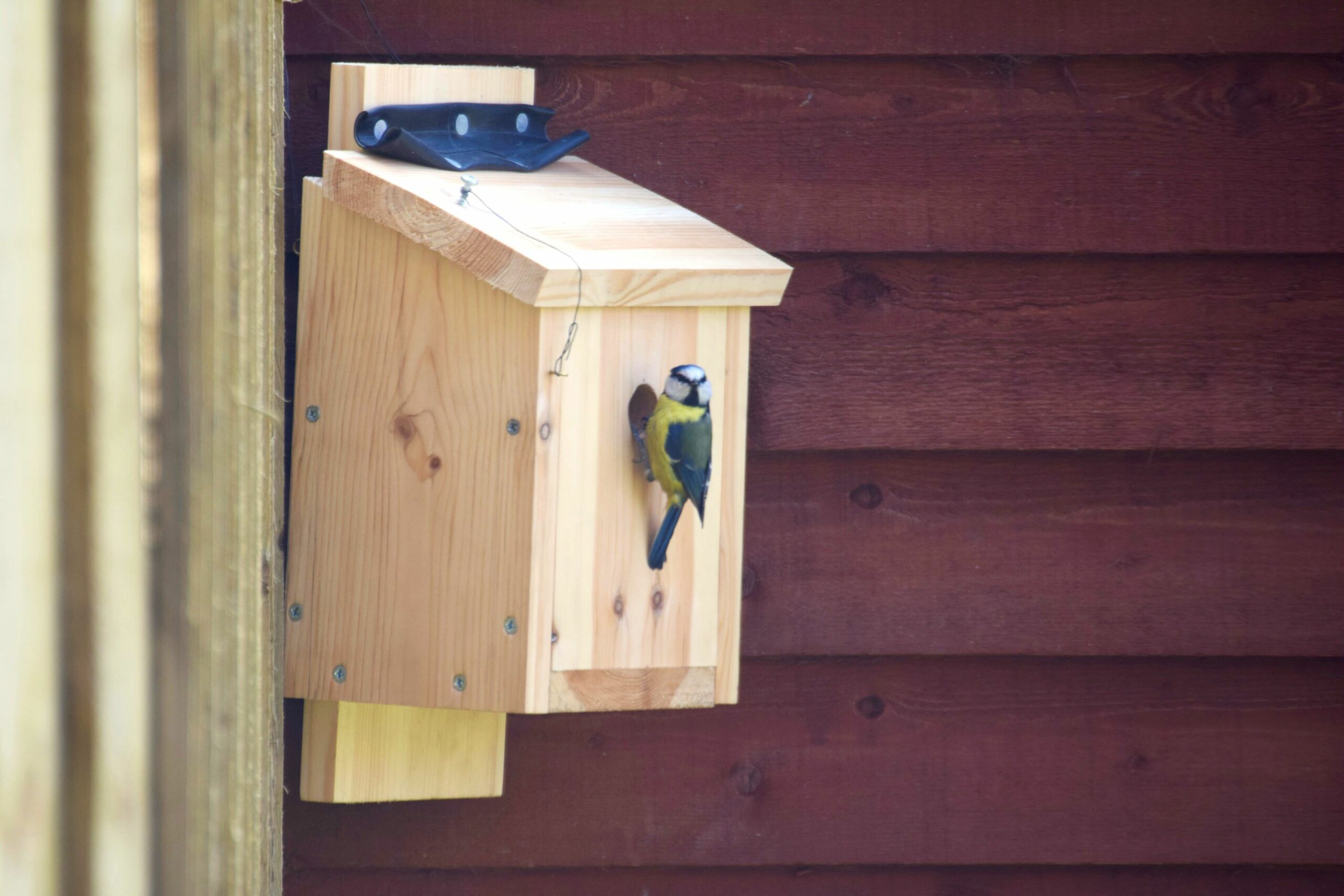
Would you like to see more birds, bees, and butterflies in your garden?
Almost a fifth of greenspace in the Bournemouth, Christchurch, and Poole area is people’s gardens, and gardens are becoming increasingly important for wildlife. There are likely to be over a hundred native species of plants and animals in an ordinary UK urban back garden – so the way you manage your garden can really help wildlife conservation. Your garden can be a place for you to connect with nature and enjoy discovering the plants, animals, insects, and birds which might make it their home.
No matter the size of your outdoor space, you can welcome wildlife – and we can help.
- Come along to one of our Back to Nature activities to learn tips on gardening for nature, focusing on a different theme each month. See below for how to book your place.
- Use our handy downloadable guides
Get involved
Back to Nature activities in your local park
Our Back to Nature activities are a fun way to learn handy tips on how to make your garden great for nature and access free, professional advice and resources from our friendly and knowledgeable team.
Check out our events page to see what’s on in your nearest park, choose ‘Back to Nature’ in the Event Type filter.
Everyone is welcome, come and join in the fun!
Garden for Nature Guides
More of our new Garden for Nature guides are coming soon.
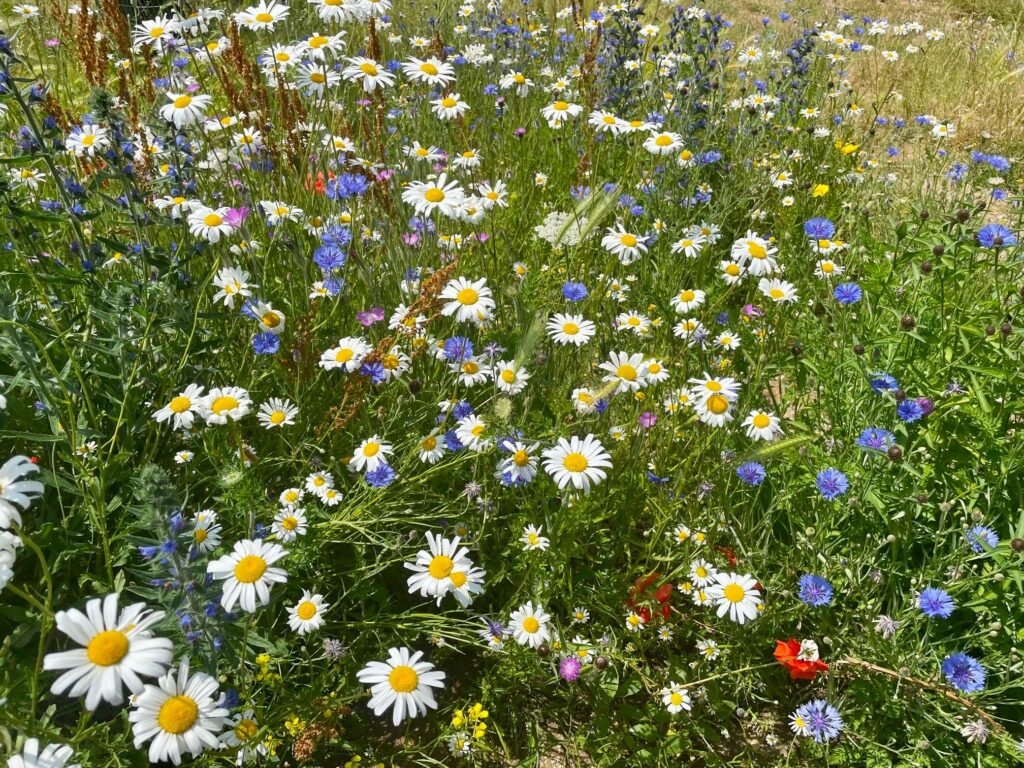
Marvellous Meadows
Wildflowers will offer a source of nectar and potential breeding habitat for a range of species, as well as creating a pop of colour for you to enjoy. Find out how to create a marvellous mini meadow in your garden or outdoor space – from designating an area of your lawn for wildflowers, to creating a meadow in a pot for your patio or balcony.
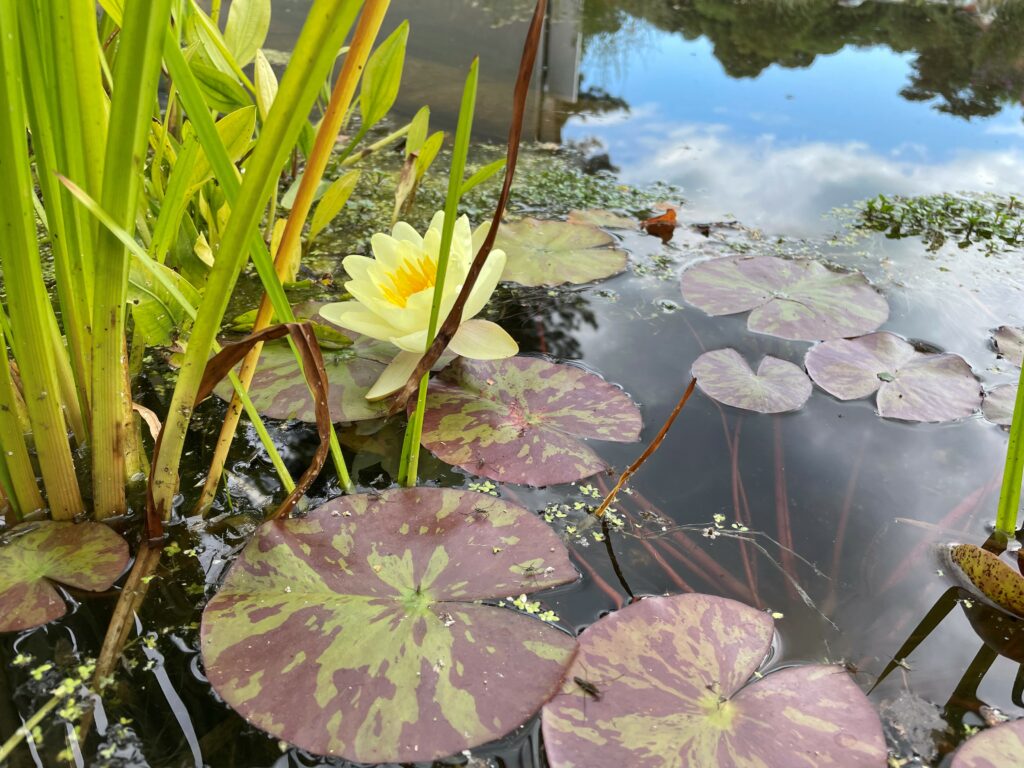
All Things Ponds
Ponds and mini wetland habitats of all shapes and sizes are a vital refuge for many different species including frogs, toads, and newts. From a small container pond to a large garden wildlife pond, we can boost the biodiversity of our urban areas. Learn how to create the perfect pond for your outdoor space using our guide.
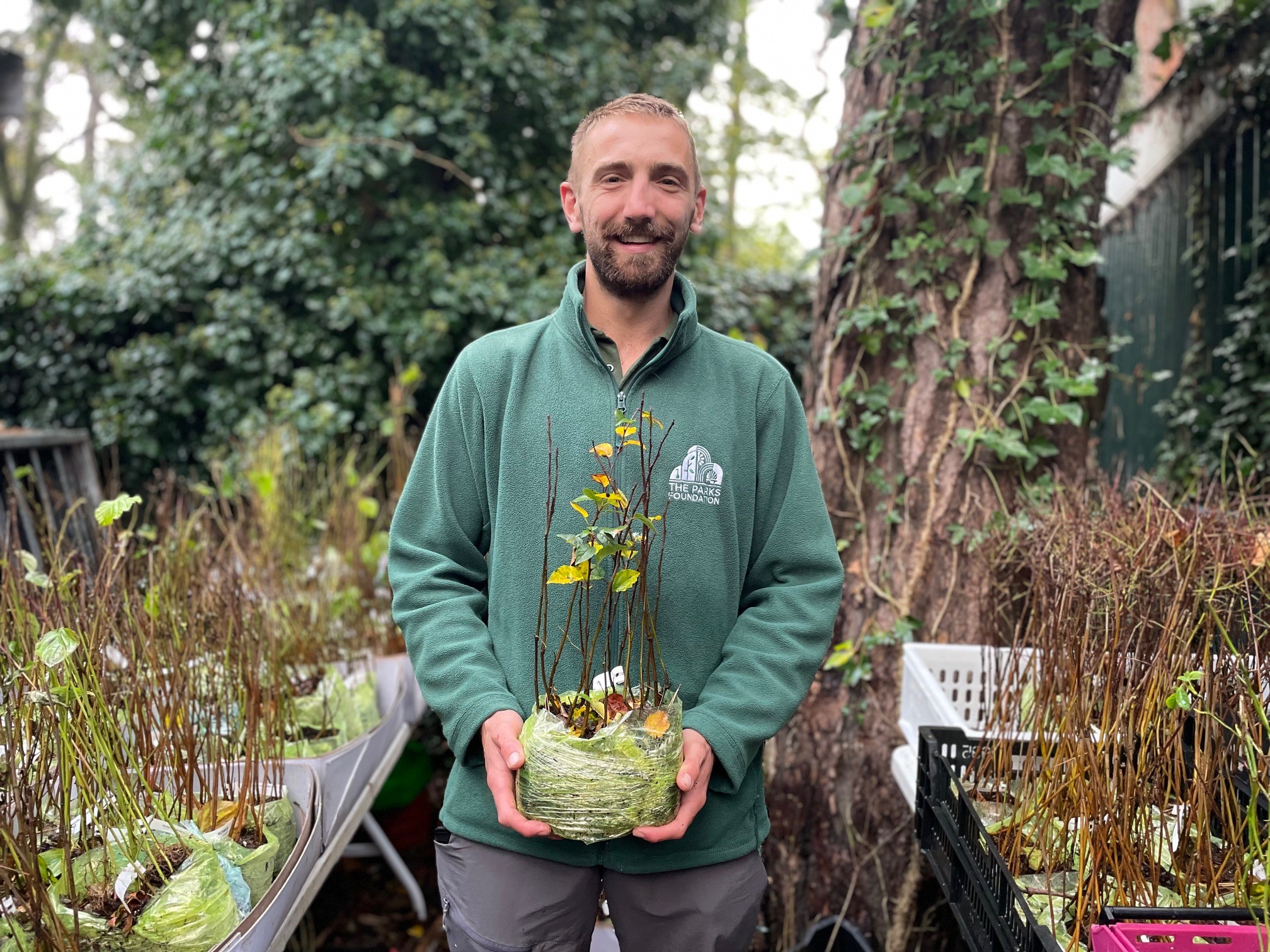
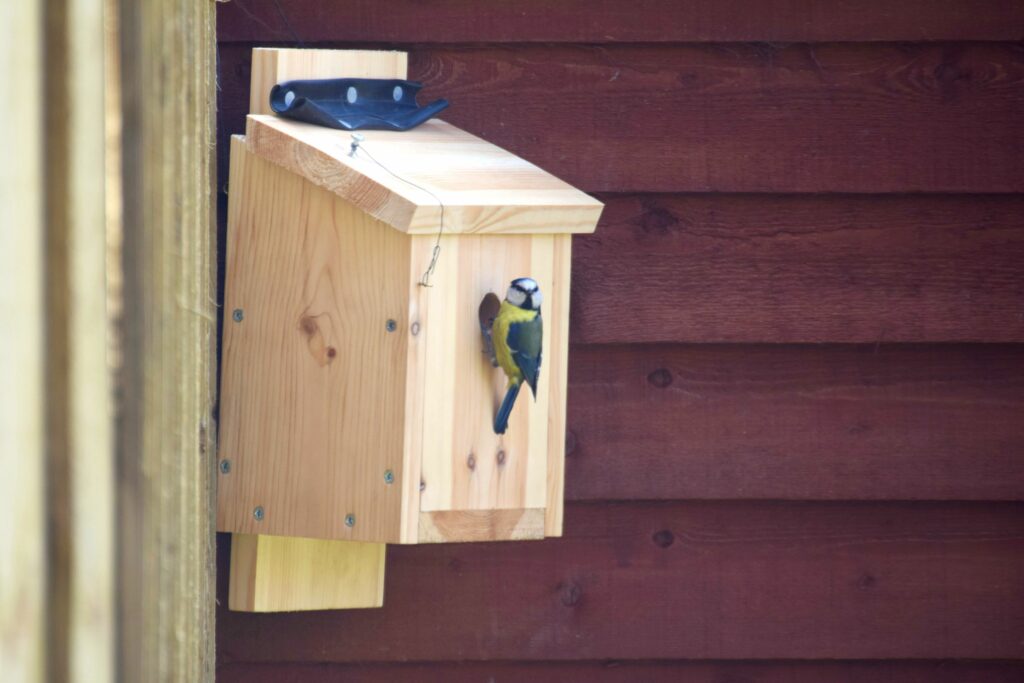
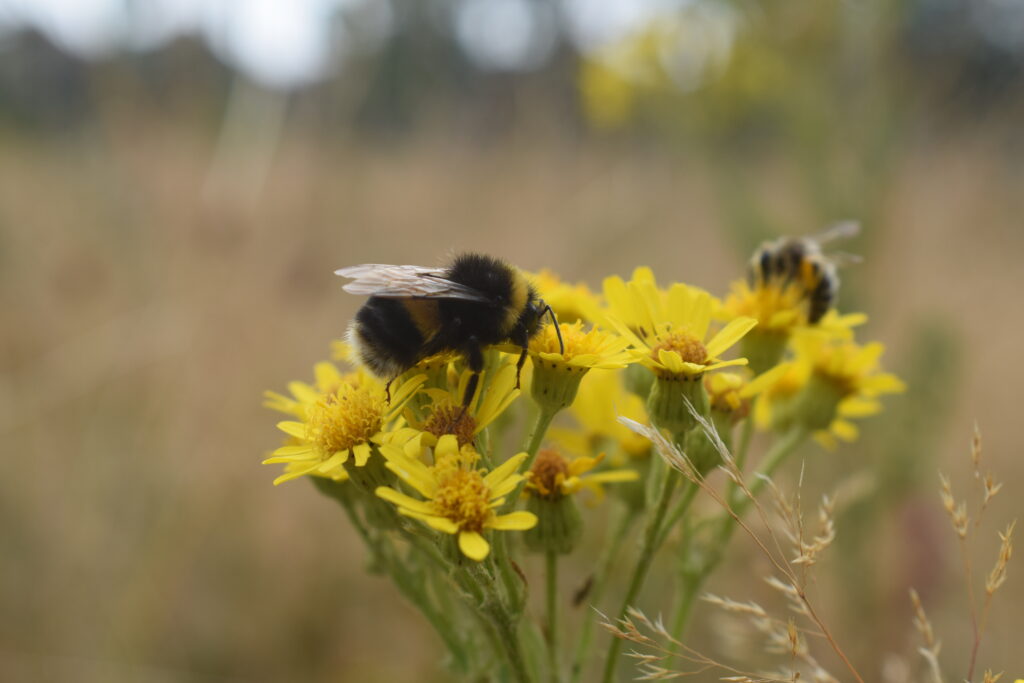
Flowers for Pollinators
Planting a mix of UK native and non-native flowering plants in your garden will provide nectar and pollen for a wide variety of insect species. This will make it a wildlife-friendly habitat and a bright, colourful space for you to and enjoy. This guide illustrates which are the best plants for pollinators according to time of year.
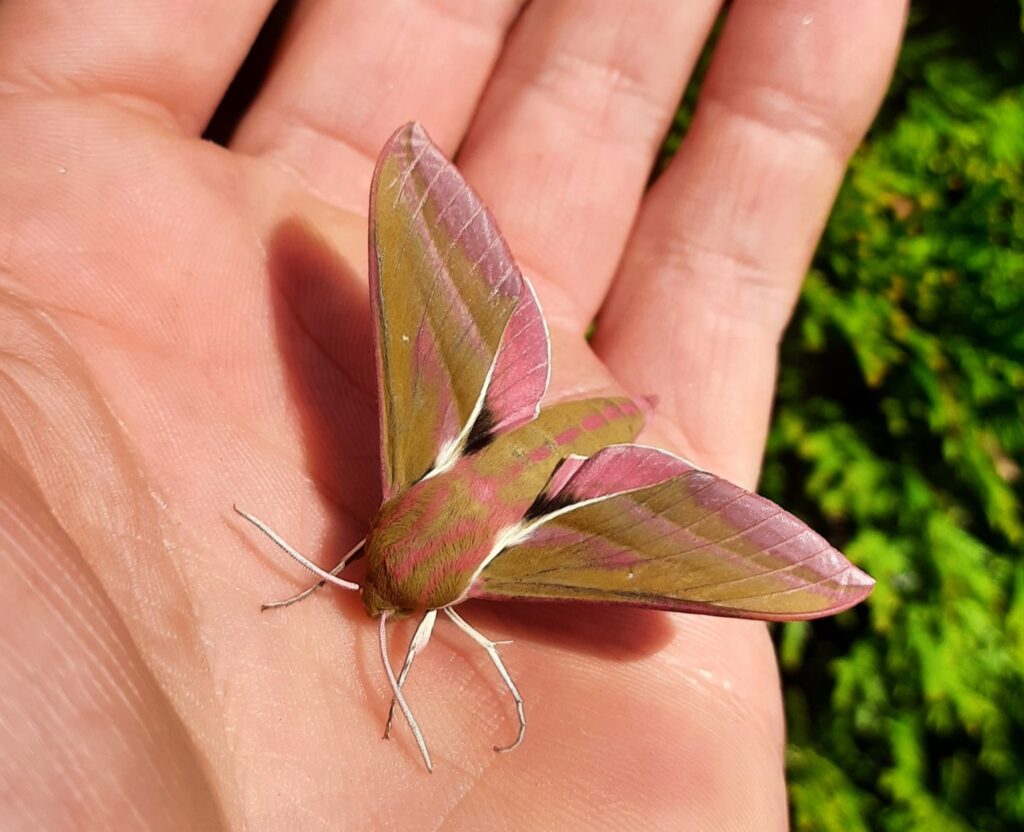
Butterflies and Moths
As well as being pollinators, butterflies and moths play a vital role in our ecosystem. And they’re beautiful for us to watch, too! The UK has 59 species of butterfly and around 2,500 species of moth – use our guide to find out how to help welcome them into your garden or outdoor space.
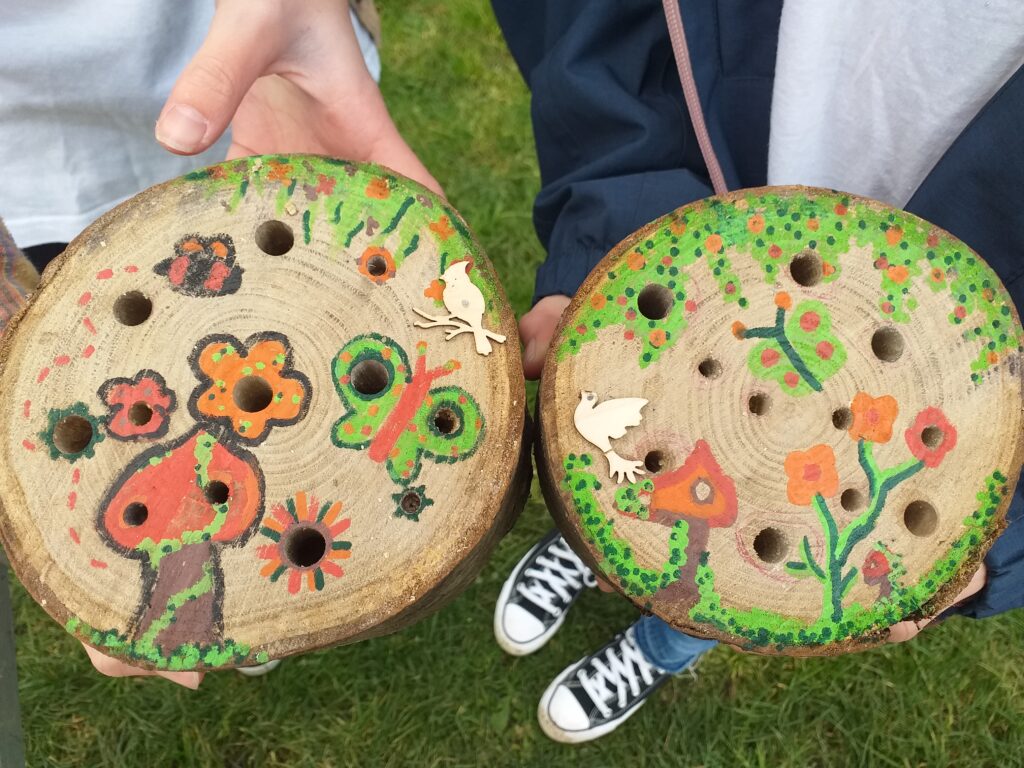
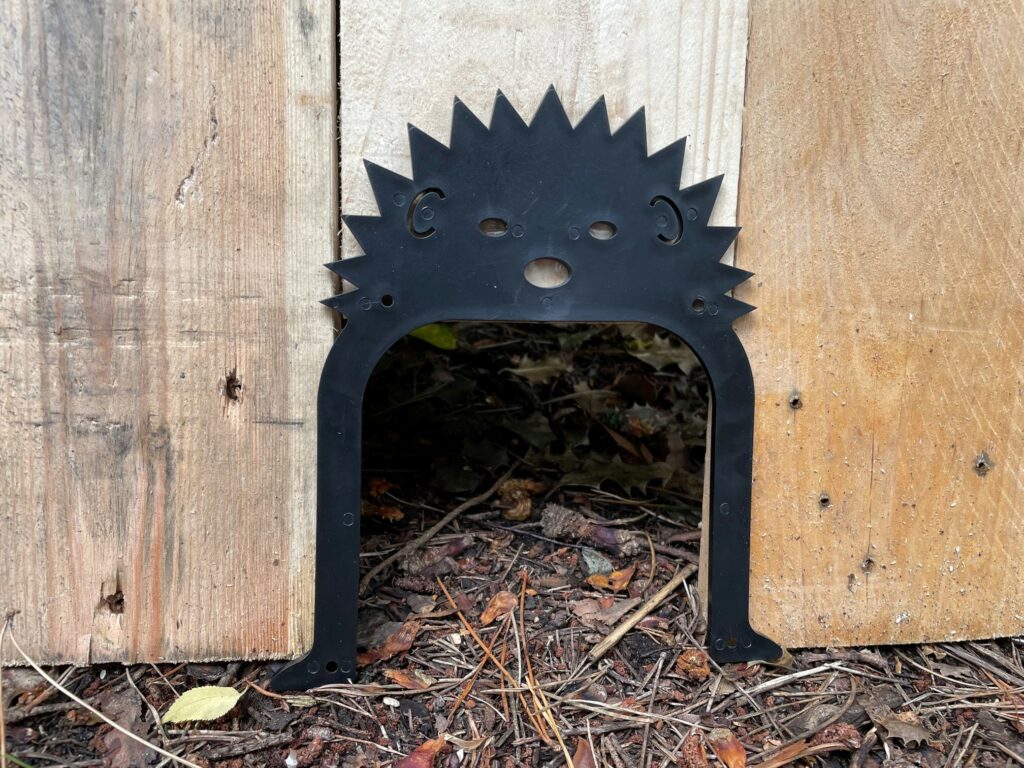
Gardening for Hedgehogs
Hedgehogs are an important indicator species for the health of our environment, but their numbers are in decline. We can help hedgehogs by making small changes in our gardens such as creating wild patches, compost heaps, and hedgehog highways. Find out how using our handy guide.
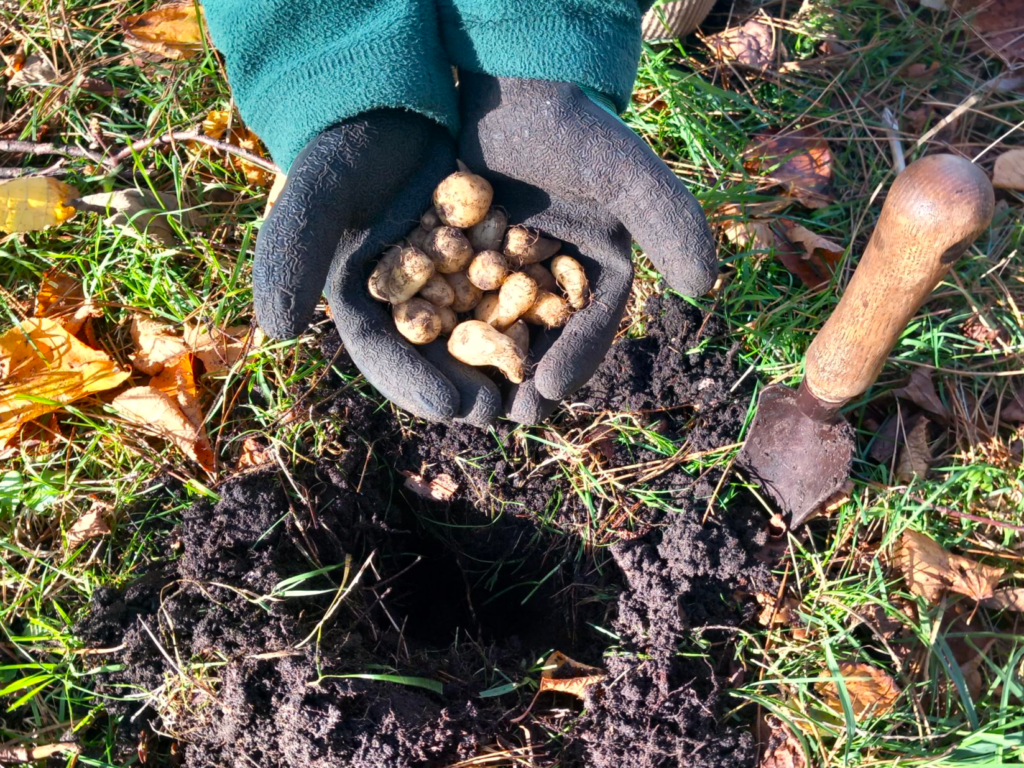
Bulb Planting
Planting bulbs in the autumn and winter is a great way to ensure your garden blooms in the spring and summer, and helps to provide a vital food source for insects in the form of nectar and pollen. In our handy guide learn how to plant bulbs such as Snowdrops, English Bluebells, and Wild Cyclamen so your flowers grow successfully.
Get in touch
- info@parksfoundation.org uk
- 01202 143724
Thanks to our funders



Sign me up
Sign up to our newsletter and be informed about all the latest inspiring Park Foundation updates, events and fundraising across Bournemouth, Christchurch and Poole.


